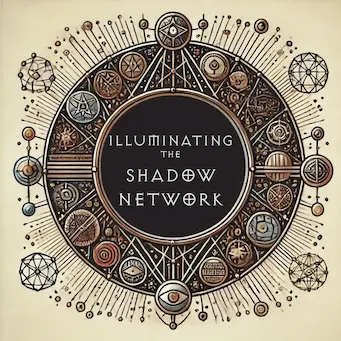Adam Candeub
Role: Author
Position: Professor of Law at Michigan State University
Background:
Adam Candeub is a scholar with a focus on telecommunications, antitrust, and internet issues. He served as Acting Assistant Secretary of Commerce and Deputy Associate Attorney General at the Department of Justice during the Trump Administration. Candeub led the National Telecommunications and Information Administration (NTIA) during Trump’s final social media battles and has previously worked at the Federal Communications Commission (FCC). He holds a BA magna cum laude from Yale University and a JD magna cum laude from the University of Pennsylvania Law School.
Relation to Trump:
Candeub served as Deputy Associate Attorney General at the Department of Justice in 2020 and as a high-ranking official at the National Telecommunications and Information Administration (NTIA) in 2019. His roles in both the DOJ and the NTIA during the Trump administration demonstrate his alignment with Trump’s policy framework. His work on online content regulation at the NTIA supported the administration’s goals of curbing Big Tech’s influence and reforming Section 230 protections.
Scandals or Controversies:
While not directly involved in any major personal scandals, Candeub’s strong positions on antitrust issues and his recommendations to limit the influence of dominant firms, particularly in the tech sector, have been subjects of significant debate. His views on reducing legal immunities for online platforms could raise concerns regarding free speech and regulatory overreach.
Potential Concerns:
In Project 2025, Candeub’s work involves tackling antitrust issues within the Federal Trade Commission (FTC). His stance on antitrust law emphasizes combating the influence of dominant firms on democratic values such as free speech and shareholder control. His approach includes encouraging state attorney general cooperation and focusing on sectors like Big Tech, hospital mergers, and supermarket mergers. Critics argue that these efforts might lead to overregulation and unintended consequences for innovation and competition.
For more detailed information on Adam Candeub, you can refer to his


